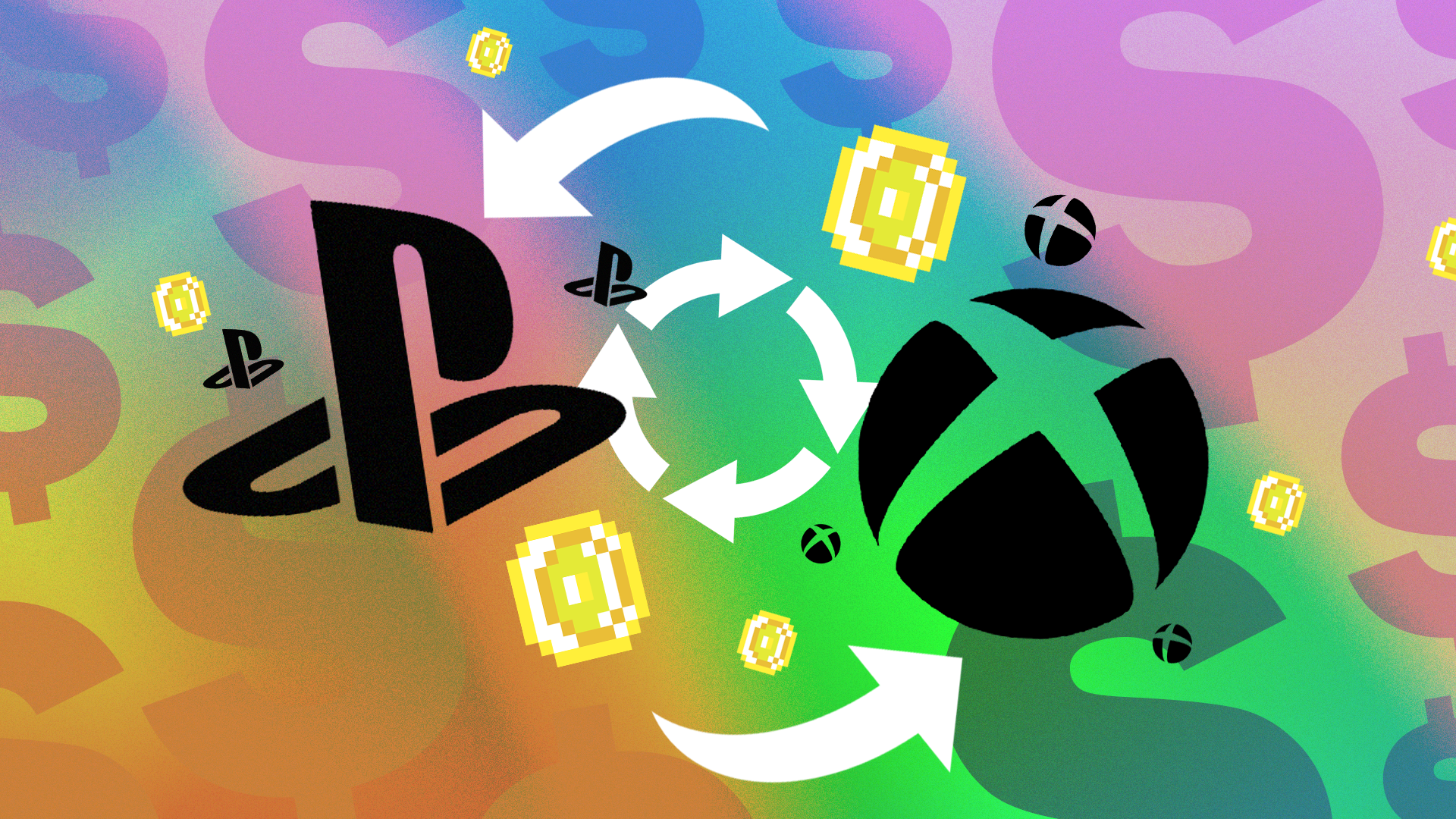It’s been more than a year since next gen consoles first launched, and yet their supply still appears extremely limited. This is because aspiring resellers are using purchase bots to instantly gobble up units whenever and wherever they’re restocked.
Gone are the days when you could frivolously splash your paycheque on a next gen console.
More than a year since their respective release dates, any feasible chance of landing either a PS5 or Xbox Series X still requires a meticulous level of planning.
If you haven’t got restock notifications on your browser, or bank account details saved and waiting at the checkout of multiple websites, you’ll most likely find yourself staring at the infuriating ‘sold out’ message within a matter of minutes. Lord forbid you’re dealing with sub-par broadband speed.
Some of you may be too young to remember, but it wasn’t always this way. Getting a console at launch has literally never been this hard, let alone 18 months on. So, what exactly is going on here?
First off, there were serious hardware supply issues back in 2020 which continue to hinder console production today. The pandemic massively slowed the manufacture of vital semiconductor chips needed to power them, and frankly the amount of available next gen machines is still miles behind consumer demand.
According to those in the know, this issue is likely to spill into 2024 before any real parity is achieved, but there is a far more significant menace preventing people from entering the new era of gaming in the meantime: resale bots.
What is a resale bot?
Once consoles are snapped up at retail, the only place you’ll find them is on pre-owned marketplaces like CEX, sometimes for double the price they sold for just hours earlier.
In the majority of cases, a single scalper will have cleaned a store out of multiple consoles the second they become available. But how the hell are they doing it, considering most of us can’t even get past the ‘add to basket’ loading screen?
Well, in short, there are bots specifically coded to run through website applications at speeds not humanly possible. Those using these softwares can pre-enter specific products and quantities before restock drops even occur, leaving regular shoppers at a severe disadvantage right out of the gate.
Here are a few such bots that are readily available to the public – if you’re curious, or just fed up of missing out.
Naturally, you’d assume that aspiring flippers are the main problem, as they aim to make sizable profit off the second-hand market. In reality, however, they’re merely pawns of the real powerbrokers: those selling the bot softwares in the first place.
These proprietors of ‘all-in-one resale bots’ have only become known in the last few years. They own and lease out tools to help consumers dominate digital marketplaces in turn for upfront payments and recurring usage fees, effectively making them the middleman for the scalping industry.
One example of these platforms, Dakoza, proudly promotes some its greatest bounties scored by bot users on Twitter. In one memorable post, a scalper secured nine rare GeForce RTX graphics cards stacked high through using the application.
If you know what’s what with PCs, this Tweet will most likely dredge up strong feelings of envy or rage… and fair enough.
Success by CertifiedLoverBoy: pic.twitter.com/fp5Bf5jhK4
— dakozasuccess (@dakozasuccess) March 4, 2022




















